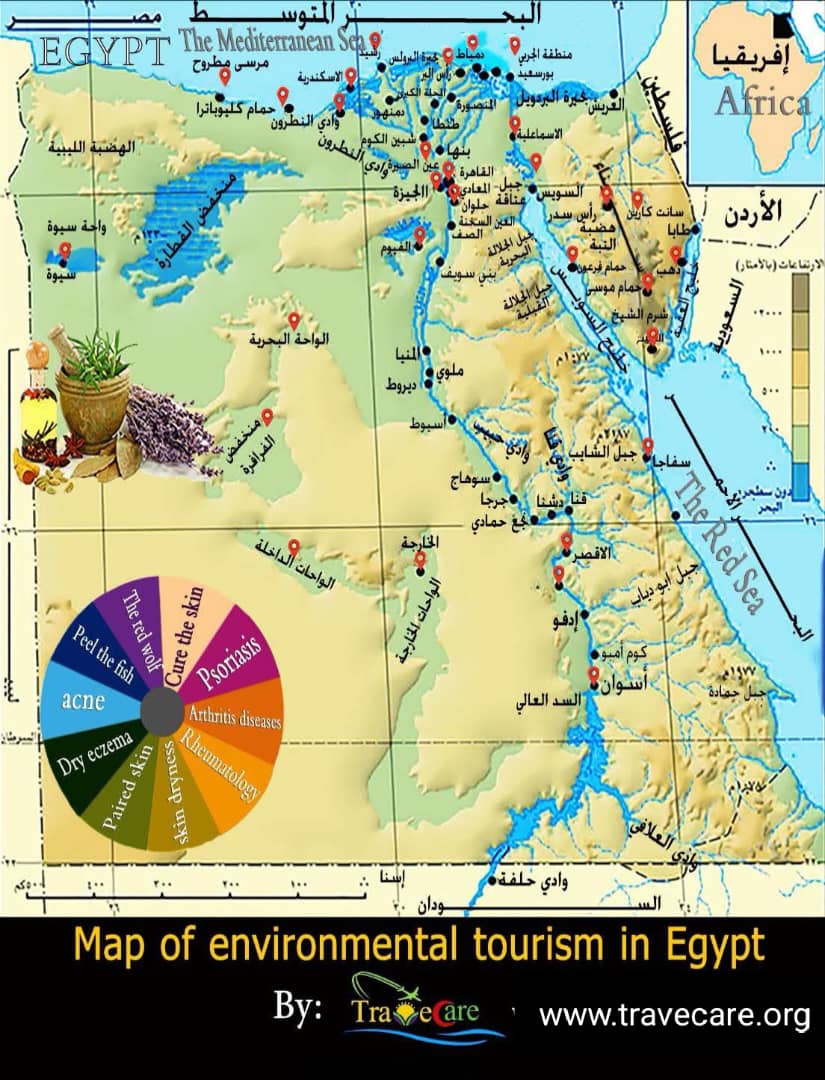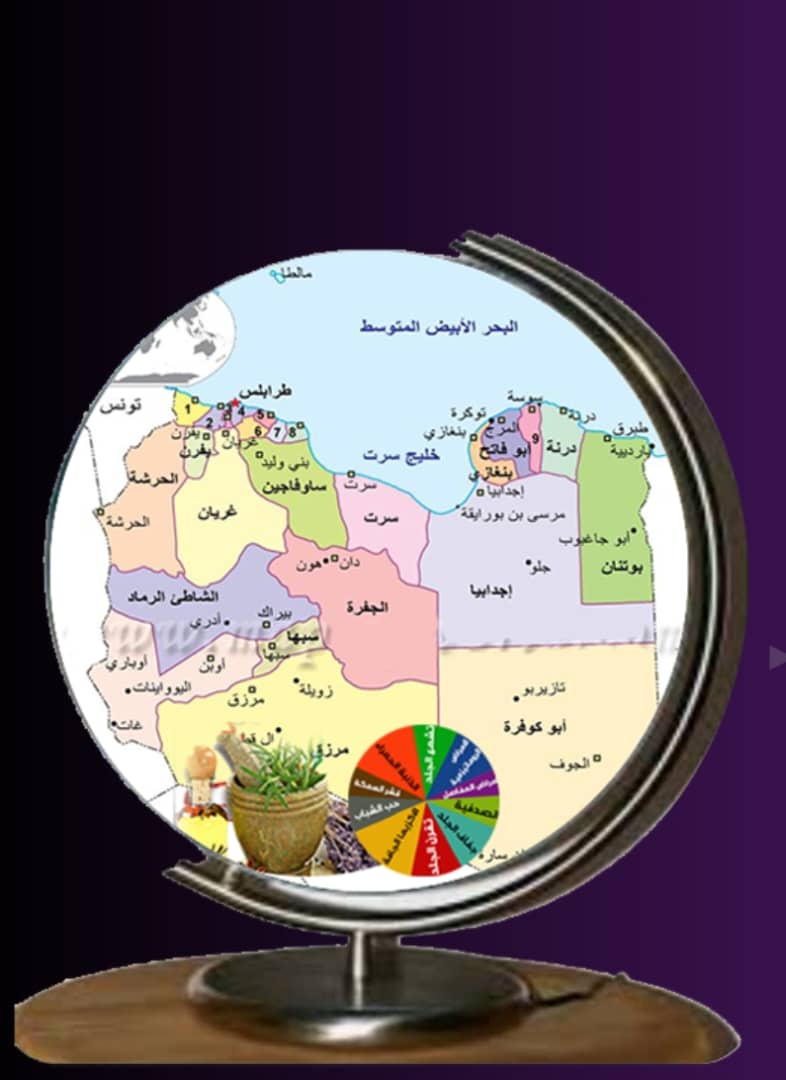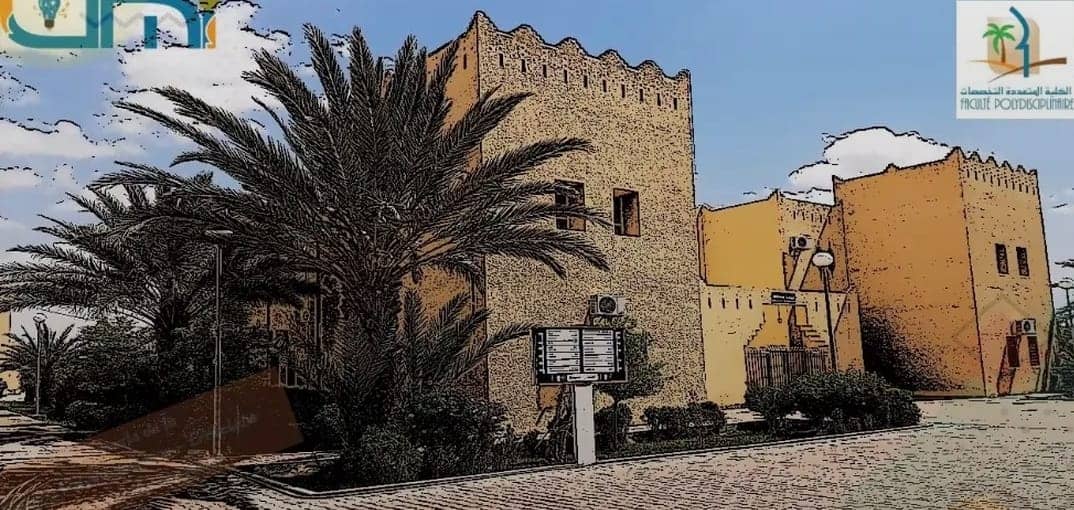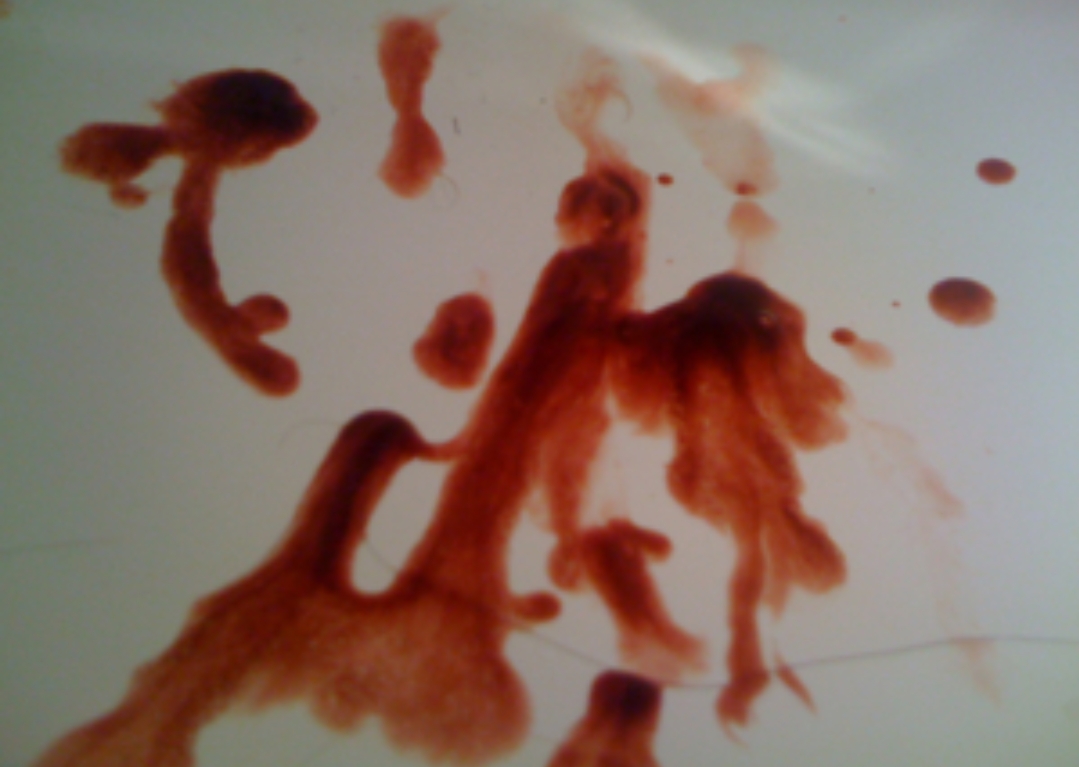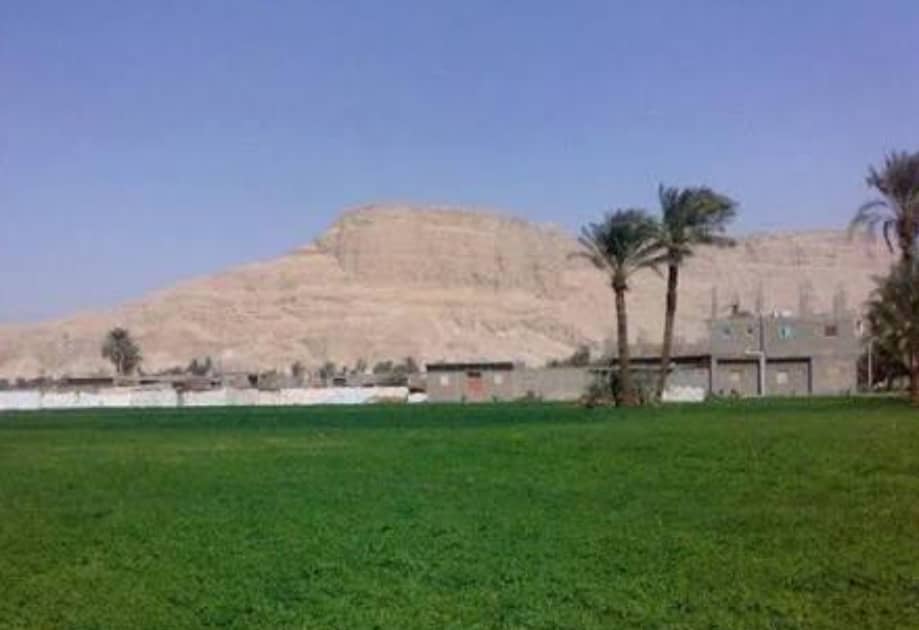
The word “Baladi” (native or local) is one of the most common words we use in our daily lives, yet it carries two contradictory meanings. We often say of a person, “He looks baladi,” “His behavior is baladi,” or “His style is baladi,” implying that he is unsophisticated or uncivilized. At the same time, we say “baladi ghee,” “baladi eggs,” or “baladi cheese” to mean genuine, pure, and of the highest quality! How did the same word come to be used as both praise and insult?
In truth, the origin of the word “baladi” is tied to belonging—to the land and to one’s roots. It means “authentic” or “natural, unadulterated.” But with time, and with new lifestyles, fashions, and blind imitation of others, people began to see what is simple or natural as “backward.” Thus, “baladi” started to be used disdainfully, as if authenticity were a flaw and simplicity a deficiency.
It is unfortunate that such a beautiful meaning has turned into a stigma, and that those who preserve their traditions are looked upon with condescension. “Baladi” clothing expresses one’s identity, and “baladi” behavior is often spontaneous, born of decency, modesty, and generosity. Meanwhile, “modern fashion” often strips us of our identity and makes us repetitive copies of others, detached from our homeland’s character.
Let us restore to the word “baladi” its true and beautiful meaning, and make it a mark of pride, not ridicule. To be “baladi” is to be genuine, pure, a child of your land and its soil—neither artificial nor imitative. Let us raise our heads proudly and say with confidence: “We love the baladi… our authenticity is the crown upon our heads.”






